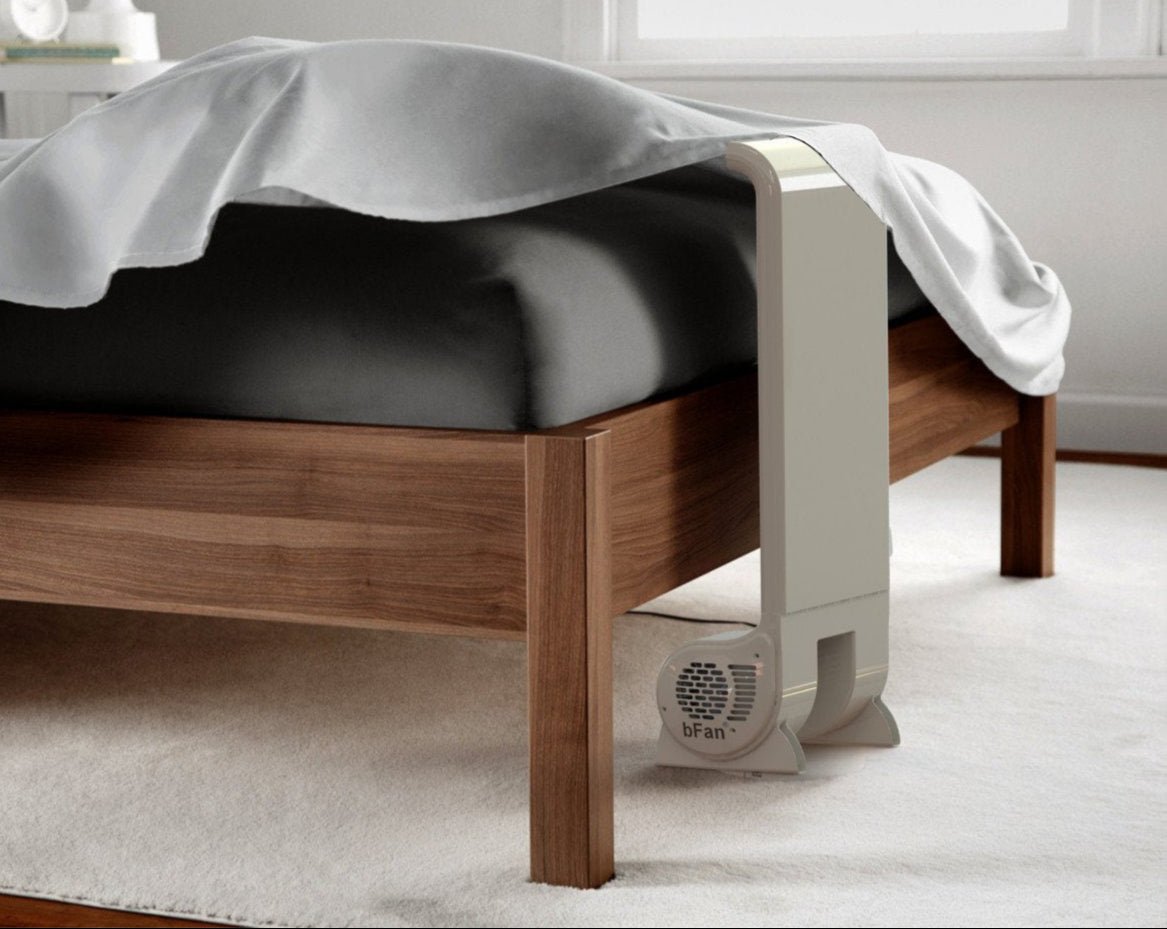How Caffeine Affects Sleep
Those who are avid coffee lovers know the jittery, awake feeling that too much caffeine can cause- and moreover, its effects on sleep. Drinking any caffeinated drinks too close to bedtime is a sure way not to fall asleep on time. But how does caffeine affect sleep quality?
Caffeine, which is usually consumed through drinks, enters the bloodstream through the stomach and then crosses the blood-brain barrier. Once it reaches the brain, it begins blocking the adenosine receptors. These receptors and adenosine play an essential part in sleep and feeling tired. Adenosine is a sleep-promoting chemical produced throughout the day so that as it builds up, the feeling of sleepiness starts to show up. But the presence of caffeine blocking the receptors creates an alert and awake feeling.
It usually takes about 30-60 minutes for the effects of caffeine to kick in. It then has a half-life (time taken to eliminate half of the drug) of about 4-6 hours (Sleep Foundation). This means that in some cases, the effects can still be felt six hours after it is consumed. Though, the half-life varies widely for everyone.
Because of the long half-life, even a coffee consumed six or so hours before bed could cause sleeping issues. When caffeine is used at night to stave off sleepiness, it can cause insomnia symptoms or worsen pre-existing insomnia. It also not only makes it harder to fall asleep, but it also makes it harder to stay asleep (Sleep Health Foundation)! One of the symptoms of having too much caffeine (or caffeine too close to bedtime) is waking up frequently throughout the night.
The consumption of caffeine also cuts down the length of deep sleep, which reduces the refreshingness of sleep. Not only does it reduce deep sleep, but it also reduces sleep time as a whole! One study (https://jcsm.aasm.org/doi/10.5664/jcsm.3170) found that caffeine consumption six hours before bed can reduce sleep time by a whole hour.
Most concerningly is the impact that caffeine from a soda can have on breathing during sleep. Sleep-disordered breathing (SDB), which is one of the most common symptoms of Obstructive Sleep Apnea, is more severe after caffeine is consumed.
As a whole, caffeine can affect sleep in a multitude of ways, and the amount consumed should be monitored to ensure good, restful sleep.
https://www.sleepfoundation.org/nutrition/caffeine-and-sleep
https://www.sleephealthfoundation.org.au/caffeine-and-sleep.html
Share

